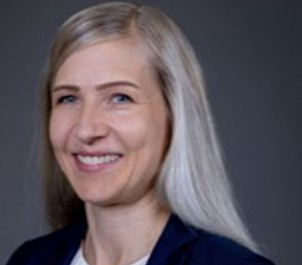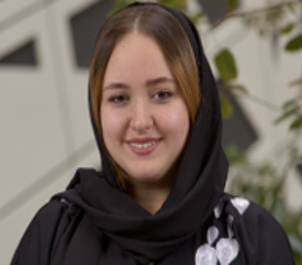Program overview
This program explores the relationship between climate change and finance, focusing on investment strategies, financial instruments, and policies driven by sustainability strategies at both the national and global levels. Participants will explore frameworks for integrating climate considerations into financial decision-making and identify opportunities for impactful climate investments.


Mode of Learning
In-person
Location
KSPP
Language
English
Duration
3 Days
Program Start
May 06, 2025
Program End
May 08, 2025
Program Hours
09:00 AM – 05:00 PM
Learning Outcomes
Define and explain key concepts of climate finance and its role in achieving sustainability goals.
Describe the fundamental concepts of climate finance and sustainability, including key terms, regulatory requirements, and the role of finance in driving climate action.
Analyze the impact of ESG ratings, disclosures, and green taxonomies on decision-making, and identify how they shape market and business strategies.
Evaluate the role of policy tools like carbon pricing and carbon markets in sustainable finance.
Create a strategic climate action plan integrating ESG and fiscal policies.
Who Should Attend?

Professionals and Leaders
Senior leaders, policymakers, and financial professionals responsible for integrating climate considerations into financial and organizational strategies.

Financial principles
Familiarity with financial principles and interest in sustainability.

Proficiency of written and spoken English
The program will be delivered in English. Applicants should be proficient in written and spoken English.
Faculty

Claudia Belahmidi
Senior Fellow specializing in ESG and Climate Finance's impact on the hydrocarbon industry with over than 13 years of experience in equity, strategy, and energy research. Claudia holds a Bachelor’s degree in Political Science and a Master’s degree in International Affairs from the Fletcher School, Tufts University.
Previous roles include:
Equity and Strategy Analyst at S&P Global.
Energy Research Analyst at IHS.
in International Affairs from the Fletcher School, Tufts University.
Expertise areas:
Sustainable Finance, Oil & Gas ESG. And Capital Costs.
View Details


Dr. Fatih Yilmaz
Senior Fellow in the Climate and Sustainability program.
Specializes in the economic impacts of the sustainable energy transition.
Dr. Fatih holds a Ph.D. from University of Calgary .
Previous roles include:
Economist at the Central Bank of Turkey.
Consultant for the World Bank.
Assistant Professor of Economics.
Research focus areas:
Sustainable Finance and Investment.
Banking and Corporate Taxation.
Public Economics and Applied Micro-Econometrics.
View Details


Dr. Mari Luomi
Senior Fellow with 17 years of experience in climate change, energy transitions, and sustainable development policy. Mari holds a Master’s in Political Science and International Politics, University of Helsinki. And Ph.D. in Middle Eastern Studies, Durham University.
Leads projects at KAPSARC, including:
Carbon markets, Paris Agreement Article 6., Circular Carbon Economy Index.
Previous roles:
Researcher at the Oxford Institute for Energy Studies, Advisor at Georgetown University, Policy expert at the International Institute for Sustainable Development.
Specializes in:
Research publications, Executive training. Policy advisory.
View Details


Sarah Wahbah
Consultant at KAPSARC, specializing in carbon markets and CCUS projects. With a double major in Political Studies and Public Administration Management with a minor in Public Policy from the American University of Beirut.
Supported the establishment of PIF’s Regional Voluntary Carbon Market Company (VCM) and organized key climate events, including the 2nd carbon credit auction in Kenya and the Global South Carbon Markets conference.
Worked at McKinsey & Company on national strategies, organizational development, and cost optimization projects in the GCC region.
Focus areas: Policy, sustainable development, and innovative solutions.
View Details















